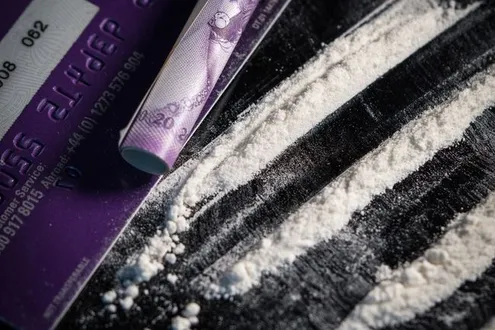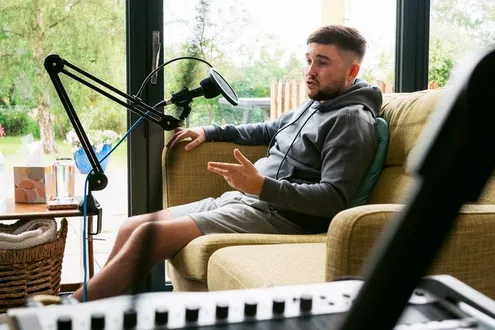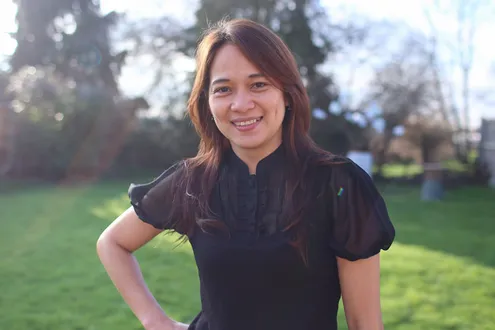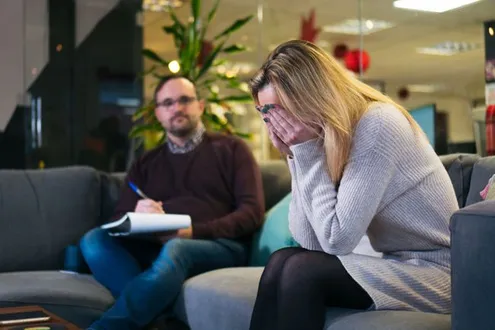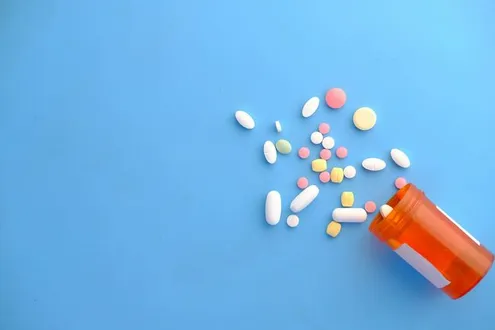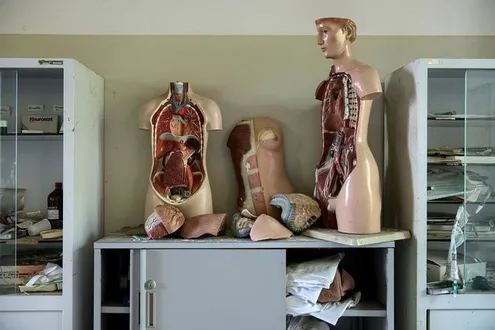- Teenagers learn to make better and healthier choices for themselves
- Schooling options allow teens the freedom to complete their education in a highly supportive environment
- Parents get their fears and concerns addressed by experts
- Guidance is provided on how to keep the family functioning happily and healthily
Above all, teenagers and young people can start to make healthy choices with a new level of maturity and understanding, helping them start to fulfil their full potential as they get on with their new healthier and happier lives.
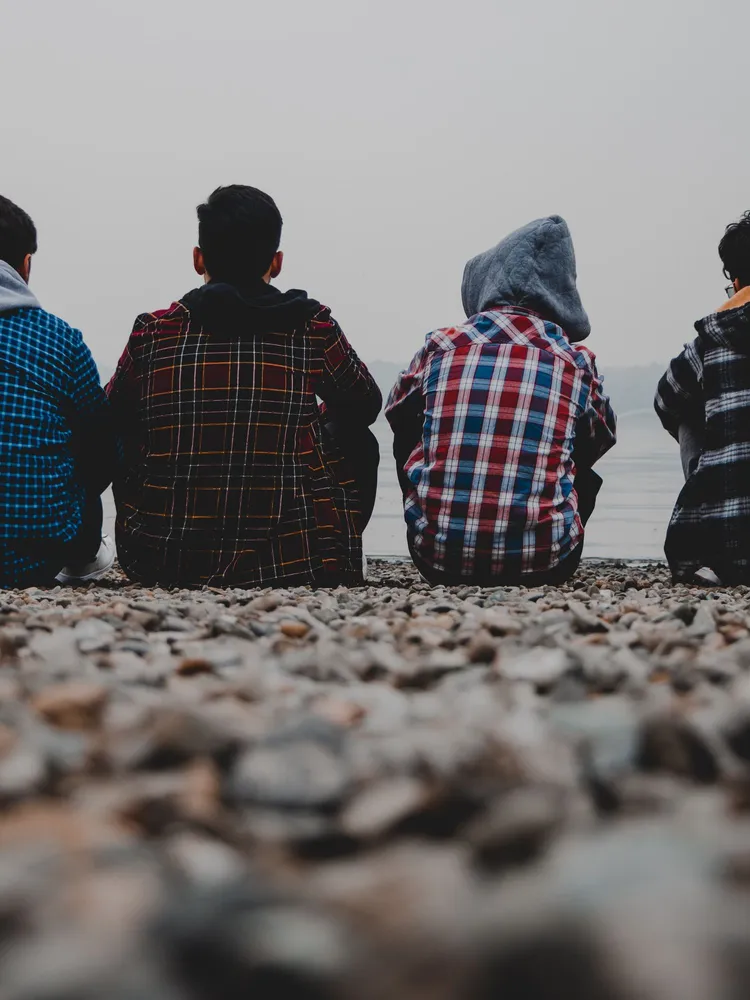
Family member involvement is encouraged during therapy. This is known as ‘family therapy’. Here family members are invited into the rehabilitation centre to voice their concerns around their loved one’s addiction. These sessions are therapist-controlled and family members must adhere to guidelines issued before family therapy sessions commence.
There exists no cap on the number of family members you may bring along, although we ask for the name of each family member be submitted to us before sessions commence.
As part of treatment, family participation is considered to be extremely important in helping teens reduce their drug or alcohol use.
According to Reducing Underage Drinking: A Collective Responsibility, studies show that about one-third of adolescents who relapse do so within the first month after treatment, and two-thirds do so within the first six months. In addition, teenage relapse risk is based on peer pressure and the feeling that continuing to abuse substances contributes to social standing. This is in marked contrast to adults, who tend to relapse due to stress or other negative emotional effects.
For this reason, aftercare is considered to be vital for preventing relapse in teens, even more than in adults. Continuing care for a substance uses disorder must be provided for all levels of care in teens to help counter the social pressure and challenges that lead to a higher risk of relapse in young people.
There are differences in rehab programmes for several reasons. The first being that because we are dealing with minors the process has to be handled in a more thorough and careful way. It has to involve the family and they have to work together with the individual and the rehabilitation centre. As well as this, because the individual is under 18, their brain and neural network has not fully developed and is different to that of a fully grown adult. It is often vital to get a minor in recovery and learning about the brain and the reasons why they are unable to stop or moderate using drugs and/or alcohol because it can damage development. Using drugs and/or alcohol excessively can impact on neural pathways within the brain, which can create negative habits that are difficult to overide and make it harder for the individual to break the addiction later in life.

